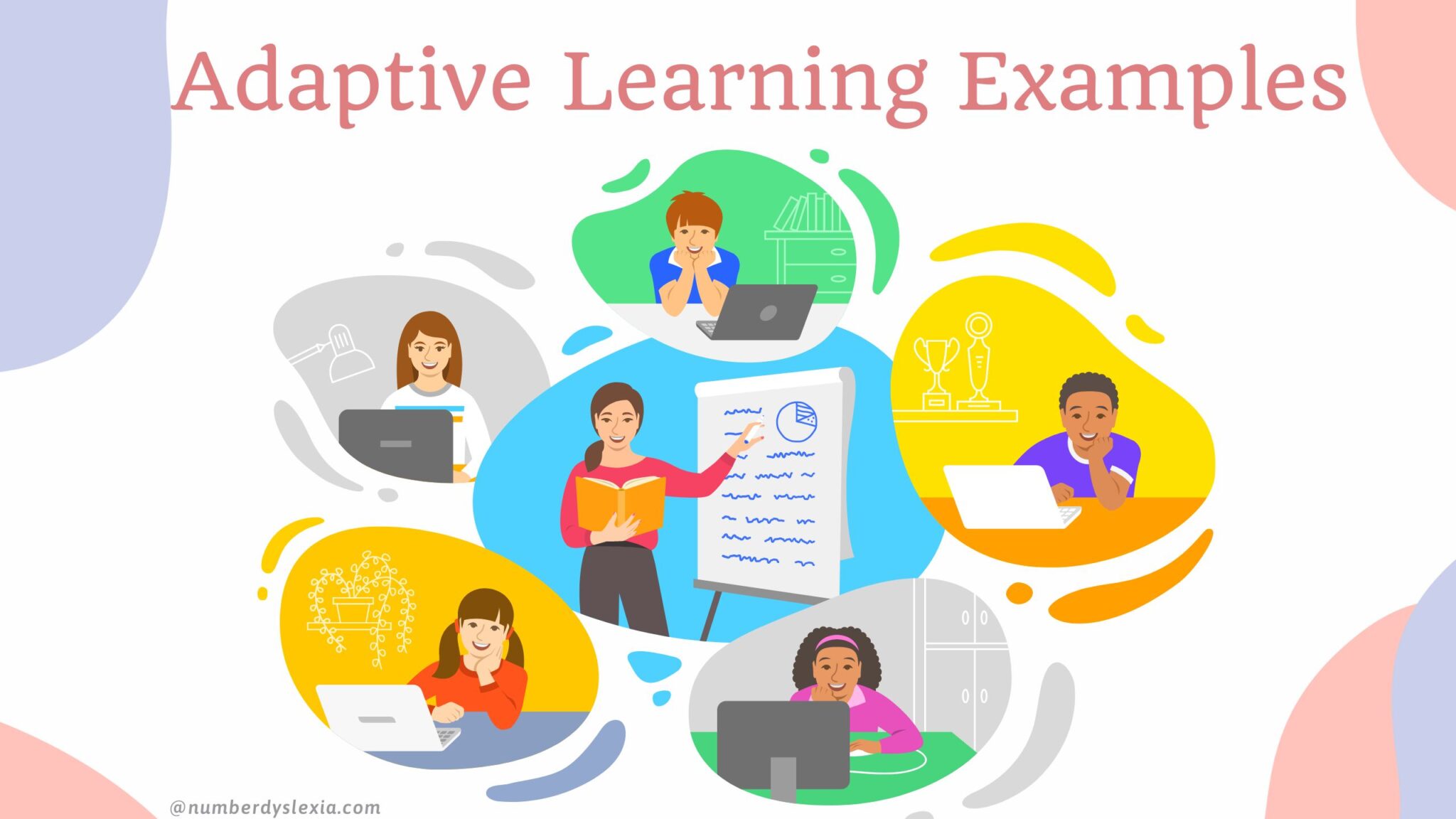Career Development Board Topics: Key Advancement Discussions for Professional Growth
Career development board topics: key advancement discussions for professional growth
Career development boards serve as critical forums where organizations strategically address professional advancement opportunities for their workforce. These boards typically consist of senior leaders, hr professionals, and sometimes external advisors who collaborate to establish clear pathways for employee growth. Understand the specific advancement topics discuss at these meetings can help professionals better position themselves for career progression.
Leadership development pathways
One of the primary focuses of career development boards is identified and nurture leadership potential within the organization. These discussions typically center about:
High potential employee identification
Career boards regularly review performance data and manager recommendations to identify employees demonstrate exceptional capability and potential. This identification process typically involves assess:
- Consistent performance exceed expectations
- Demonstrate problem solve abilities
- Capacity to influence others positively
- Adaptability in change circumstances
- Strategic thinking capabilities
East identify, these high potential employees oftentimes receive special attention for accelerated development opportunities.
Succession planning strategies
A critical function of career development boards involve plan for organizational continuity through effective succession planning. These discussions typically address:
- Identify critical roles require succession plans
- Evaluate internal candidates for leadership positions
- Create development plans to prepare potential successors
- Establish timelines for leadership transitions
- Determine when external recruitment might be necessary
Effective succession planning ensure organizations maintain operational stability while create advancement opportunities for promise talent.
Leadership competency frameworks
Career development boards oftentimes establish and refine leadership competency models that define the skills, behaviors, and attributes require at different organizational levels. These frameworks typically:
- Define progressive leadership expectations across career stages
- Align competencies with organizational values and strategy
- Provide clear development targets for aspire leaders
- Guide assessment and promotion decisions
- Inform leadership development program design
These competency frameworks create transparency around leadership expectations and help employees understand what they need to demonstrate for advancement.
Skill development and learning initiatives
Career development boards devote significant attention to organizational learning strategies that prepare employees for advancement. Key topics in this area include:
Critical skill gap analysis
Boards regularly assess organizational capability against current and future business need to identify skill gaps require attention. These discussions typically cover:
- Technical skill deficiencies impact performance
- Emerge skills need for digital transformation
- Soft skill development requirements
- Cross-functional knowledge gaps
- Industry specific competency needs
This analysis help prioritize learn investments and development opportunities that align with strategic needs.
Learning program development
Base on identify skill gaps, career development boards oftentimes discuss and approve learn initiatives design to build organizational capability. These programs may include:
- Formal training programs and workshops
- Mentoring and coaching opportunities
- Cross-functional project assignments
- Job rotation experience
- External education support and tuition assistance
The board typically evaluates program effectiveness and return on investment to ensure development resources areallocatede befittingly.
Technical to management transitions
A common advancement challenge many organizations face involve help technical specialists successfully transition to management roles. Career development boards oftentimes address:
- Identify technical experts with management potential
- Create specialized development programs for new managers
- Establish alternative career paths for technical specialists
- Provide transition support and coach
- Monitor success rates of technical to management transitions
These discussions recognize that technical excellence doesn’t mechanically translate to management effectiveness and that specialized support is oftentimes required.
Career bathing and mobility frameworks
Create clear advancement opportunities require thoughtful career architecture. Development boards typically address:
Career path design and communication
Organizations need intimately define career paths that show employees potential progression routes. Board discussions in this area oftentimes focus on:
- Define job families and career levels
- Mapping lateral and vertical movement opportunities
- Create visual career path tools for employees
- Establish progression criteria between levels
- Align career paths with compensation structures
These frameworks provide transparency around advancement options and help employees make informed career decisions.
Internal mobility policies and practices
Career development boards often review and establish policies govern internal movement between roles. Key topics include:
- Job posting requirements and internal application processes
- Manager notification and approval requirements
- Time in position guidelines before transfers
- Cross-functional rotation programs
- Geographic mobility support and relocation policies
Effective internal mobility practices balance organizational stability with individual growth opportunities.
International assignment strategies
For global organizations, international experience oft represent a critical advancement milestone. Development boards typically discuss:
- Identify roles require global experience
- Select candidates for international assignments
- Create expatriate support programs
- Plan for repatriation and knowledge transfer
- Measure return on investment for international assignments
These discussions recognize the strategic value of global experience while address the practical challenges of international assignments.
Performance management and advancement criteria
Career development boards play a crucial role in establish the criteria and processes use to make promotion decisions. Key topics include:
Promotion criteria standardization
To ensure fairness and consistency in advancement decisions, boards typically establish clear promotion standards. These discussions address:
- Performance threshold require for advancement consideration
- Experience and time in role requirements
- Competency demonstration expectations
- Education and certification requirements
- Mechanisms for exceptional cases and accelerate advancement
Standardized criteria help prevent favoritism while ensure promotion decisions align with organizational values.

Source: kareerpropel.com
Performance calibration processes
Many organizations use calibration sessions to ensure consistent performance assessment across teams. Development boards oftentimes establish:

Source: humber.ca
- Rate distribution guidelines
- Calibration meeting formats and schedules
- Documentation requirements for promotion recommendations
- Decision make processes for contested cases
- Mechanisms to identify and address rating biases
These processes help ensure advancement decisions are base on merit kinda than manager advocacy strength.
Performance improvement support
Career development boards often discuss strategies for help underperform employees improve. These conversations typically address:
- Structured performance improvement plan process
- Manager training for performance conversations
- Resources available for struggle employees
- Success metrics for performance improvement initiatives
- Alternative career path options when current roles aren’t suitable
These discussions reflect the organization’s commitment to development while ensure performance standards are maintained.
Diversity and inclusion in advancement
Modern career development boards place significant emphasis on ensure advancement opportunities are equitably distributed. Key topics include:
Representation analysis and goals
Boards regularly review demographic data to identify potential advancement barriers for underrepresented groups. These discussions typically cover:
- Current representation at different organizational levels
- Promotion rates across demographic groups
- Representation targets and timelines
- Potential systemic barriers in advancement processes
- Accountability measures for improve representation
This analysis help organizations identify where interventions might be need to ensure equitable advancement opportunities.
Sponsorship and mentoring programs
Recognize that advancement oftentimes require advocacy and guidance, development boards oftentimes establish formal sponsorship initiatives. These programs typically:
- Match high potential employees from underrepresented groups with senior leaders
- Establish clear expectations for sponsor and protégé relationships
- Provide structure and resources for effective mentoring
- Track program outcomes and advancement rates
- Create accountability for sponsor engagement
These programs help ensure all employees have access to the informal networks and advocacy oft critical for advancement.
Inclusive talent review processes
Development boards often establish guidelines to minimize bias in talent discussions. These processes typically include:
- Structured evaluation criteria apply systematically
- Diverse representation on promotion committees
- Train on recognize and mitigate unconscious bias
- Requirements to consider diverse candidate slates
- Mechanisms to challenge potentially biased assessments
These practices help ensure advancement decisions reflect true capability instead than similarity or comfort with decision makers.
External market alignment
Career development boards must ensure internal advancement practices remain competitive with external market realities. Key topics include:
Market compensation analysis
Boards regularly review compensation structures to ensure advancement opportunities remain financially attractive. These discussions typically address:
- Salary progression between career levels
- Market competitiveness of compensation at different levels
- Promotion increase guidelines
- Special compensation approaches for critical talent
- Total rewards considerations beyond base salary
This analysis help prevent unnecessary attrition due to misalign compensation expectations.
Industry talent trends
Development boards monitor change talent expectations to ensure advancement offerings remain attractive. Key topics include:
- Emerge career expectations among different workforce segments
- Competitor approach to talent development
- Change skill premiums in the marketplace
- Work flexibility and lifestyle considerations
- Industry specific advancement timelines and expectations
These insights help organizations adapt their advancement practices to remain competitive employers.
Educational partnership development
Many career development boards establish strategic relationships with educational institutions to support advancement preparation. These partnerships typically involve:
- Custom executive education programs
- Tuition discount arrangements
- Certification program development
- Curriculum input to ensure relevance
- Internship and recruitment pipeline development
These relationships help ensure employees can access the educational credentials sometimes require for advancement.
Technology and analytics in career development
Modern career development boards progressively leverage data and technology to inform advancement decisions. Key topics include:
Career development technology platforms
Many organizations implement specialized systems to support advancement processes. Board discussions typically address:
- Career bathing and visualization tools
- Skills assessment and gap analysis technologies
- Learn management system capabilities
- Succession planning software
- Internal job marketplace platforms
These technologies help scale development support across large organizations while provide employees with self-service tools.
Predictive analytics for advancement
Progressively sophisticated analytics help organizations identify advancement potential other. Development boards oftentimes discuss:
- Predictive models for leadership potential
- Flight risk identification and retention interventions
- Skills trajectory mapping
- Performance pattern analysis
- Career velocity metrics and benchmarks
These analytics help organizations make more informed talent investment decisions while identify advancement candidates who might differently be overlooked.
Advancement metrics and dashboards
Career development boards establish key metrics to track advancement effectiveness. Common measures include:
- Internal fill rates for leadership positions
- Time to promotion across different career stages
- Retention rates follow advancement
- Performance outcomes for promote employees
- Return on investment for development programs
These metrics help boards evaluate the effectiveness of advancement strategies and make necessary adjustments.
Conclusion
Career development boards play a crucial role in shape organizational advancement opportunities through their focused discussions on leadership development, skill building, career bathing, performance management, diversity considerations, market alignment, and technology utilization. Understand these discussion areas help professionals intimately navigate their own advancement journeys while give organizational leaders a comprehensive framework for build effective talent development systems.
For individuals seek advancement, recognize these board priorities can help align personal development efforts with organizational decision make criteria. For hr professionals and leaders, these topic areas provide a comprehensive checklist to ensure career development board discussions address all critical aspects of create effective advancement pathways.



